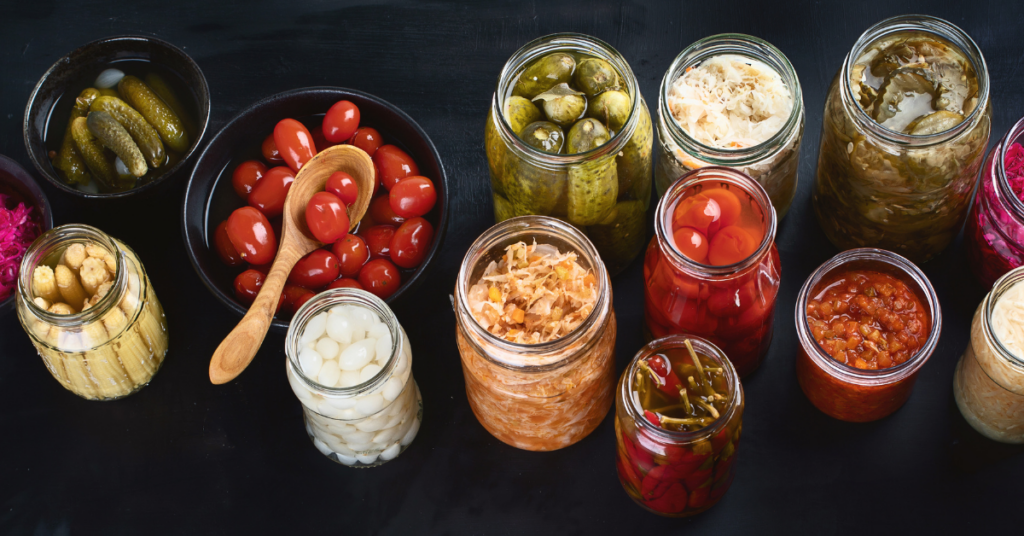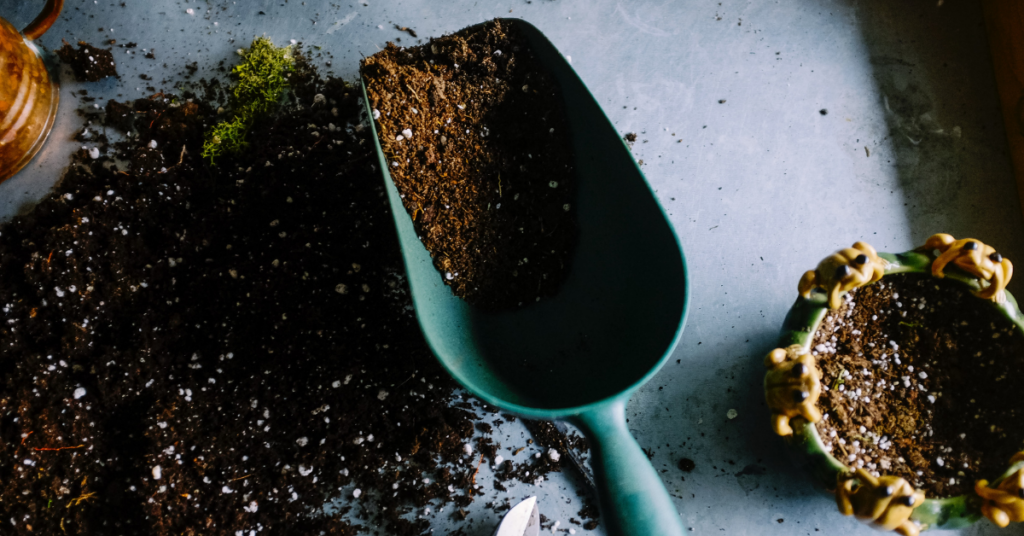We are talking to young adult Author Jo Knowles about her two recent books, Meant To Be (Candlewick Press, 2022) and Where The Heart Is (Candlewick Press, 2019). In those and other works—as well as in our conversation—Jo does not shy from discussing sensitive topics that can make some parents uncomfortable but which, she believes, children need to hear, shedding light on the dark places to help children feel less alone.
“We read stories, we tell stories, to make sense of our own lives and of other lives,” she tells us.
Jo’s stable of work, which now totals some ten books, addresses head on the struggles that many children and young adults often privately suffer, whether those struggles relate to loss, identity, or one’s sense of belonging.
Her work has been described as utterly beautiful, luminous, tender, kind hearted, touching, and wonderful. Her accolades are numerous and she is the recipient of a multitude of book awards.
“A gift to every kid who feels stuck between who they were and who they might become,” writes National Book Award winner William Alexander of Where The Heart Is.
And yet, despite the universality, optimism, and empathy that run deep throughout her books, four of Jo’s in-print books are currently banned and her first book, Lessons from a Dead Girl (Candlewick Press, 2012), was on the American Library Association’s most banned book list.
And while her two most recent books have been spared to date, they too deal with subjects that some parents deem too sensitive to broach.
Meant To Be tells the story of a girl named Ivy who loses her family home due to financial hardship and then feels as if she has lost her friend. The main protagonist Rachel, in Where the Heart Is, struggles with not feeling “that way” about her best friend Micah, who wants their relationship to be more than a friendship, leaving Rachel questioning whether she is physically attracted to boys.
But as common as these and other struggles of Jo’s characters are, her books are among many books being challenged or censored for subject matter deemed too controversial for children or young adults to explore or comprehend.
Among those that have been challenged or censored by concerned parents are even long cherished ones such as: The Giving Tree by Shel Silverstein, The Adventures of Captain Underpants Series by Dav Pilkey, Roll of Thunder Hear My Cry by Mildred D Taylor, The Lorax and Hop on Pop by Dr. Suess, A Wrinkle in Time by Madeleine L’Engle, Harry Potter by J.K. Rowling, and Harriet The Spy by Louis Fitzhugh.
“It’s getting worse and worse,” explains Jo of the growing movement to blacklist books from school and community libraries. “There’s this whole new trend of groups of parents; they even have Facebook pages where they share information and then they go to schools in their area with lists of books to be pulled from their shelves.”
Jo in no way denies the sensitivity of the subject matter of her work. Quite the reverse. But she also fervently believes that children need an avenue to explore the subjects that can be uncomfortable and difficult to process. To provide that avenue, she writes books, speaking authentically to children’s emotional journeys.
“If you are going to have to write a story about a topic then you have to honor it and be as honest as possible. I always think about that with all the books I write: Have I really fully told the truth about all the different ways in which this experience feels? How do I make that story as authentic as possible? A lot of times that means drawing not just from my personal experiences but also my personal emotions.”
It also means not letting the voice of silencers deter her.
“Sometimes now, especially with what’s going on in the children’s lit world where more and more books are being challenged and banned, you can start to let those places enter into your creative process and think, ‘I really want to tell this story but will anyone even publish it?’ What makes me keep writing and not give up is thinking about all those connections I have made already with kids and how rewarding that is and how important. If all of us writers started censoring ourselves we would be in a really terrible place but worse, kids would be in a terrible place.”
In her talks, Jo has seen first hand how much her writing can help young readers by providing stories that reflect their identity or experience.
“When I go to schools and talk to kids, usually after a presentation kids will line up to have you sign a book or sign their hand or whatever, and more often kids are coming to a line and waiting, waiting, waiting and when they get to (me), they may start to cry and say to me you are the first person who will talk about kids like me in a positive way and that’s just heartbreaking and so those are the kids I think of when I start to question if all this work is worth it.”
Those children are not alone. Jo, too, has experienced firsthand how stories can help children navigate hardship and loss. As a young child growing up in Vermont, she faced or observed many of the same challenges her characters overcome, from a young classmate’s death to foreclosure on her family home.
“Bridge to Tarabitha by Katherine Paterson, Beat the Turtle Drum by Constance Greene, and other stories about tragedy, those are the books that I clung to as a kid, books that made me cry, even The Velveteen Rabbit. I’ll never forget the experience of reading that book, the heartbreak of that book, but it made me feel real, just like in the book. It made me feel less alone. That’s what stories do. We read stories, we tell stories, to make sense of our own lives, of other lives. You can’t prevent tragedy. But I think that reading those stories really helped me. They helped me heal from the tragedy I experienced but then they also helped me to understand when later in my life I experienced tragedy again. And I think it is much safer to experience those things in a book for the first time than it is to have no concept of pain and suddenly experience it at a level that is forever life changing.”
And for Jo, perhaps the greatest satisfaction comes from knowing how her experiences and her writing have helped other young readers cope with loss, tragedy, and feelings of being utterly alone or not belonging.
“One of the times I was on tour (for Where The Heart Is) and giving a talk and a little boy came up to me afterward and he waited in line so he could be the last one because he wanted some privacy to talk to me. He said, ‘Mrs. Knowles, I am so sorry that you went through those hard times and my family is going through those hard times too.’ He started to tear up and then he said, ‘but I think you are the one who could use a hug.’ It’s moments like those where you think, this is why I share that part of me that makes me feel vulnerable because I know there is somebody out in that audience that needs to hear it and know that it’s real.”
How to Stop Books from Being Banned
Pen America
“Pen America has been working really hard at finding ways to fight all these challenges but it’s taken a while for people to become aware of them and so we are just getting started on what people can do to advocate for these books. Teachers and librarians are getting put into these horrible positions where if they really fight back they are risking their jobs. In some cases, now, it feels as if they are risking their safety. Authors and other people are trying to find ways they can help, especially reaching out to parents in those communities who do support their kids’ freedom to read, so we need to show that there are more people who support children’s choice than not,” says Jo.
Go to https://pen.org/free-the-books/ to learn more. #freethebooks
Advocate for Reader’s Choice
- Contact your school librarian to find out if there are any books currently being challenged.
- Show up at school board meetings with any information on censored books in your community and express your opposition.
- Make sure that your community is respecting procedures put into place by the American Library Association (ALA) to protect freedom of reader’s choice, such as requiring that objector’s cite specific passages or objections, which ensures that the books have been read rather than copied from a list that teachers and librarians provide to help children find books, such as rainbow reading lists.




